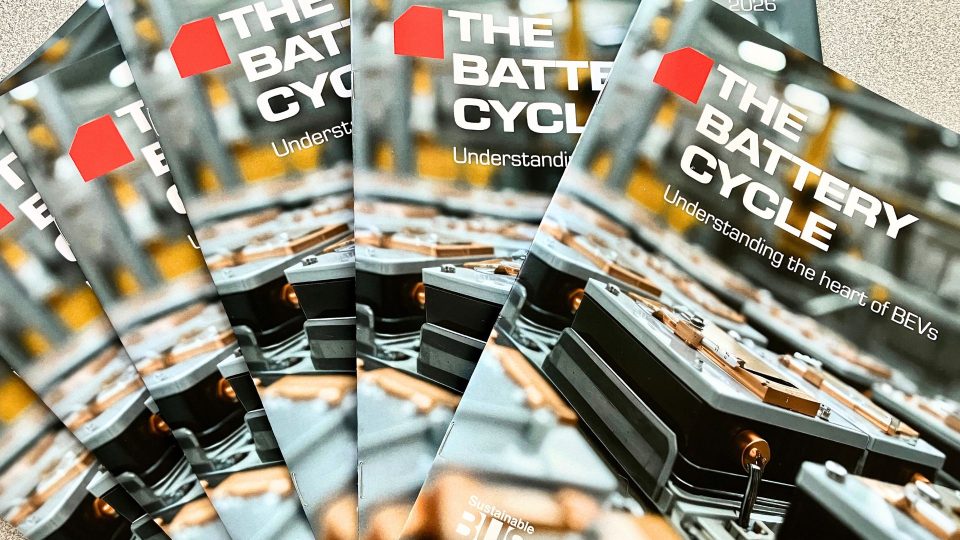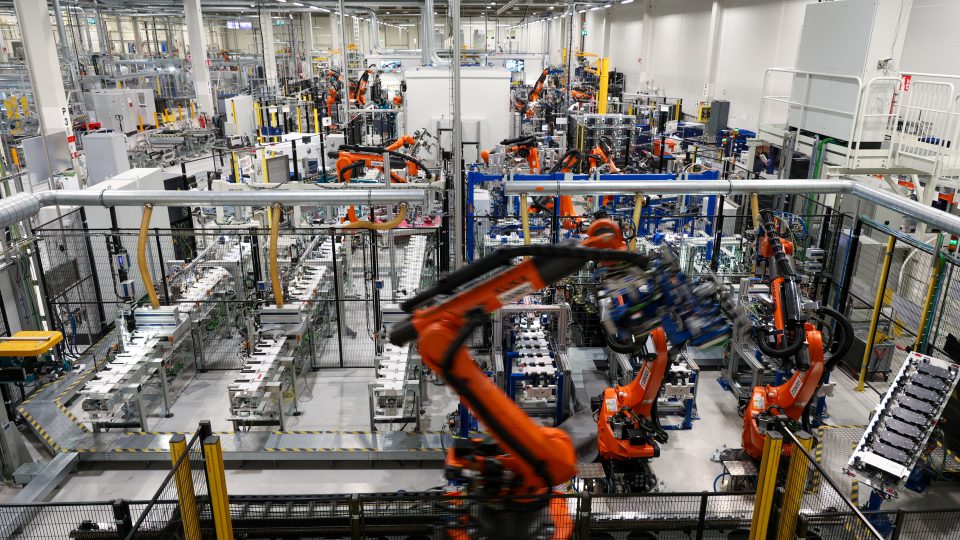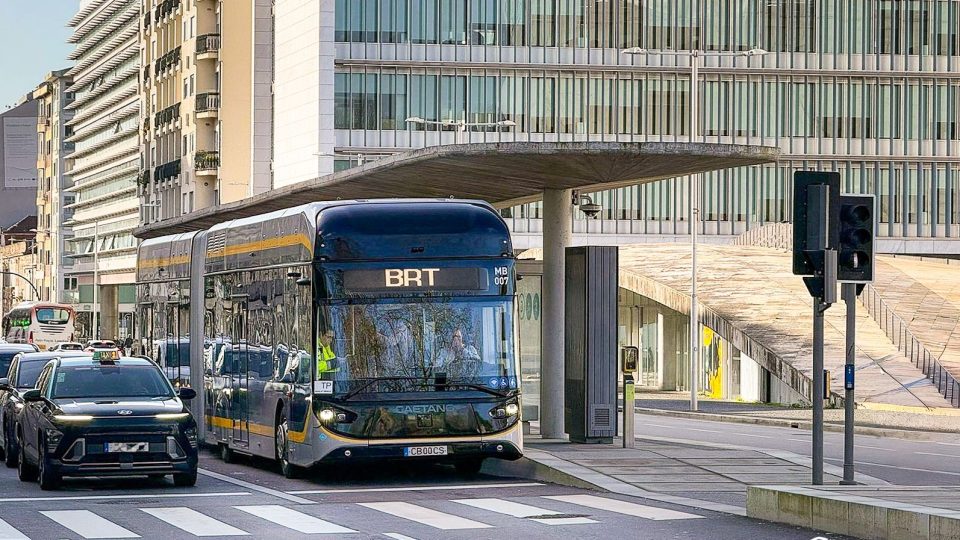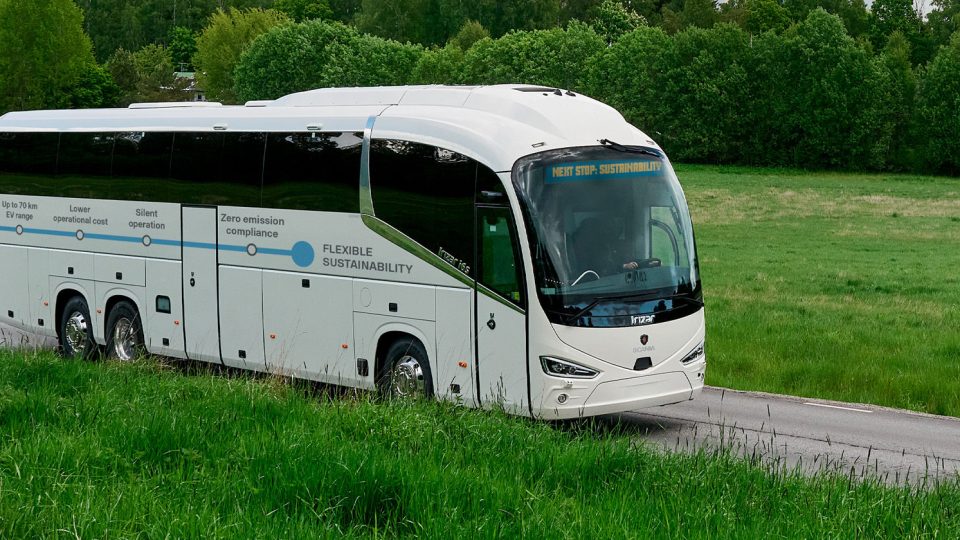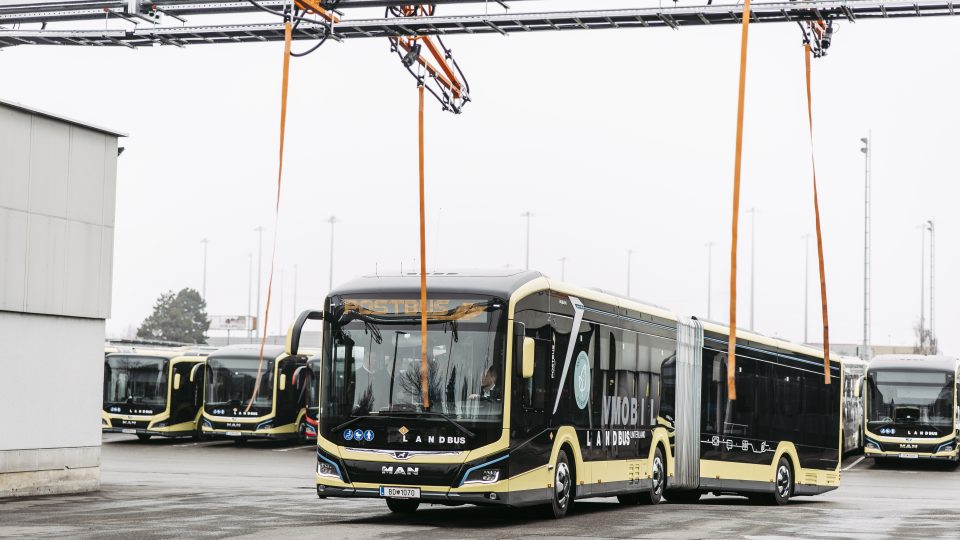New policy paper by UITP with EBRD and GIZ. A focus on financing schemes for e-buses
UITP has joined forces with EBRD (the European Bank for Reconstruction and Development) and GIZ (Die Deutsche Gesellschaft für Internationale Zusammenarbeit) for the launch of a new policy paper ‘Going electric: A pathway to zero-emission buses’. Goal: to advance and facilitate policymaking and the development of electric bus schemes, and to assist project finance. UITP – EBRD – GIZ. […]
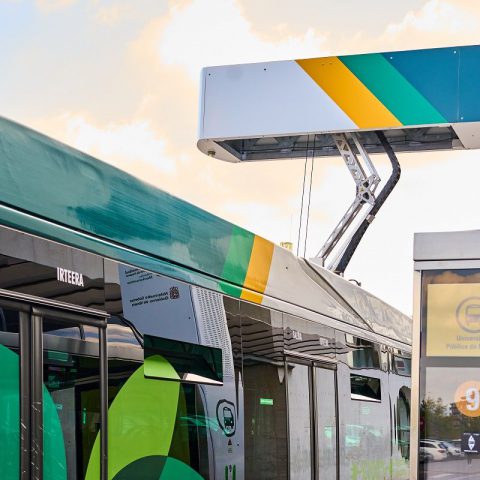
UITP has joined forces with EBRD (the European Bank for Reconstruction and Development) and GIZ (Die Deutsche Gesellschaft für Internationale Zusammenarbeit) for the launch of a new policy paper ‘Going electric: A pathway to zero-emission buses’. Goal: to advance and facilitate policymaking and the development of electric bus schemes, and to assist project finance.
UITP – EBRD – GIZ. Financial tools for e-buses
The paper, which summarises emerging good practice across a range of important topics and geographies, aims to show that e-buses have moved beyond the experimental and that sponsors have a range of technologies and financing options at their disposal, UITP says. It is intended as a guide for scheme sponsors, promoters and financing institutions to lead project development. The policy paper was launched during the Transport & Climate Change Week (21 – 25 June 2021).
By highlighting various projects supported by international development organisations, the session sought to equip mobility practitioners and decision makers with the needed skills to electrify public transportation. Alongside the policy paper, the UITP-coordinated Clean Bus Europe Platform was also highlighted as central platform boosting the uptake of clean bus technologies in Europe.
During the session, UITP’s Head of Bus Unit Arno Kerkhof emphasised the importance of combining networks and expertise to help bus operators and municipalities to electrify their bus fleets. “Our long-lasting partnership with EBRD is another key element of our decarbonisation service suite for our members that brings the best qualities of our respective organisations to European and extra-European bus fleets to help to offer a sound knowledge base and accelerate city and network wide rollout programmes.”
Ian Jennings, Senior Urban Transport Specialist, EBRD, added: “We are delighted to continue our partnership with UITP and GIZ on policy development in urban transport, which brings together a range of knowledge from industry practice, operational needs, funding opportunities and knowledge sharing, allowing tangible solutions to be crafted towards sustainable mobility solutions, and Paris Alignment goals. Our latest policy paper provides practical policy guidance for our clients for development of electric bus systems, to support our clients in city authorities, transport operators and across EBRD’s countries of operation”.

